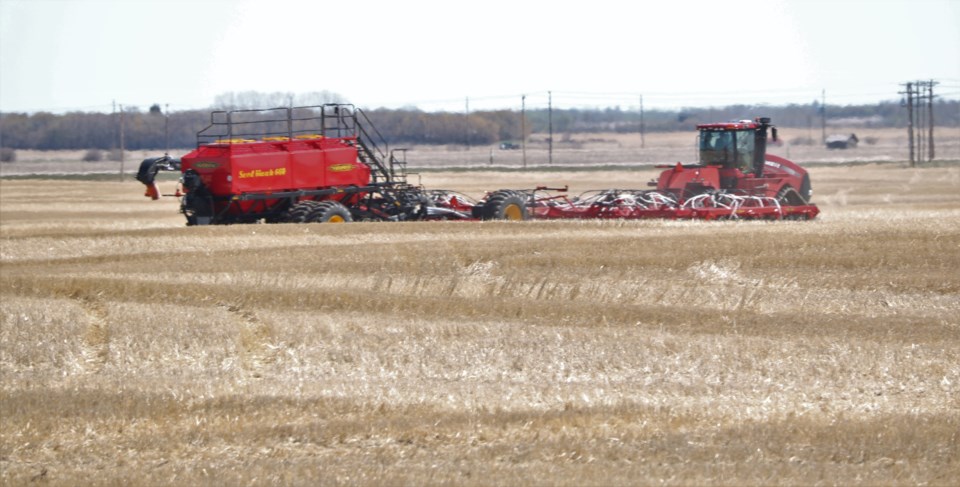YORKTON - When you are an agricultural producer in Canada you will generally be reliant on export sales.
Certainly there are producers who have found local markets, but they are largely specialized and what might be called niche producers.
Of course many make local sales, they haul oats or flax or canola to a locally located processors which pays the farmer. However, what those processors make – rolled oats, flax or canola oil – typically ends up shipped out of country, so the farmer still needs export sales to operate.
In terms of securing export markets, it can be a very complicated thing.
The world of trade in general and agriculture trade in particular, is complicated. While not an economist it doesn’t take that degree to know trade in agriculture is not as easily achieved as a buyer wanting a product and a seller having it.
There are very often government-imposed impediments to what should be the free flow of goods. The barriers; tariffs and taxes and regulatory red tape, are created usually for political gain and not for good business. Countries have issues with other countries and trade between those countries may have new hoops to jump through.
And, of course countries often try to protect what they see as their key sector farmers from trade slapping tariffs of imports.
It is certainly not a case of the lowest cost producers filling worldwide market demand.
So when government representatives – federal or provincial – make trade junkets it is almost always a positive effort to be appreciated by the agriculture sector.
Recently, Lawrence MacAulay, Canada’s Minister of Agriculture and Agri-Food, visited Malaysia and the Philippines to strengthen trade relationships there.
The trip wasn’t one which created a lot of major headlines, but high ranking officials do tend to find more doors open to them than others might, and that allows conversations with key people ensconced behind those harder to open doors.
For example, in Kuala Lumpur, Minister MacAulay met with Deputy Minister of Agriculture and Food Security Datuk Arthur Joseph Kurup to discuss how Canada can contribute to Malaysia’s food security goals, and how to leverage the Comprehensive and Progressive Agreement for Trans-Pacific Partnership (CPTPP) to benefit both countries, noted an Agriculture and Agri-Food Canada release.
While in Manila, Minister MacAulay opened Canada’s first-ever Indo-Pacific Agriculture and Agri-Food Office (IPAAO). The IPAAO will bolster regional ties, assist Canadian exporters in finding new business opportunities, and help position Canada as a preferred supplier in the region, continued the release.
Such talks aren’t likely to create an immediate spike in exports headed from Canada to that area, but it does create dialogue which is important in solidifying trade ties essential to Canadian agriculture exports.

